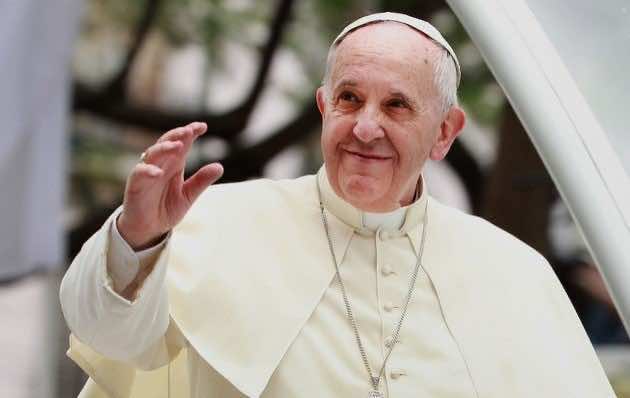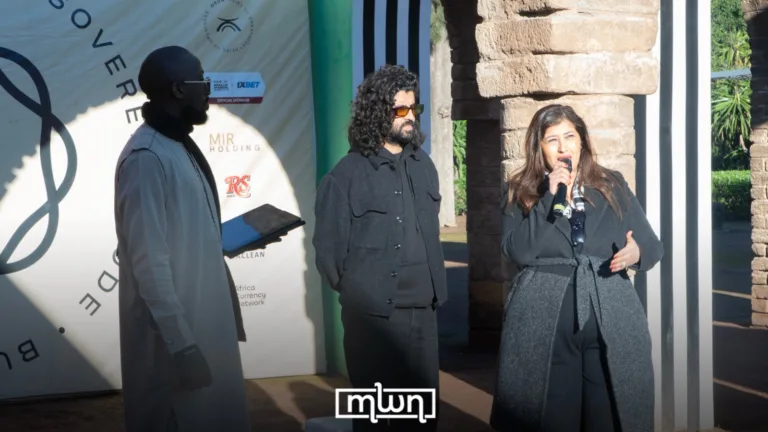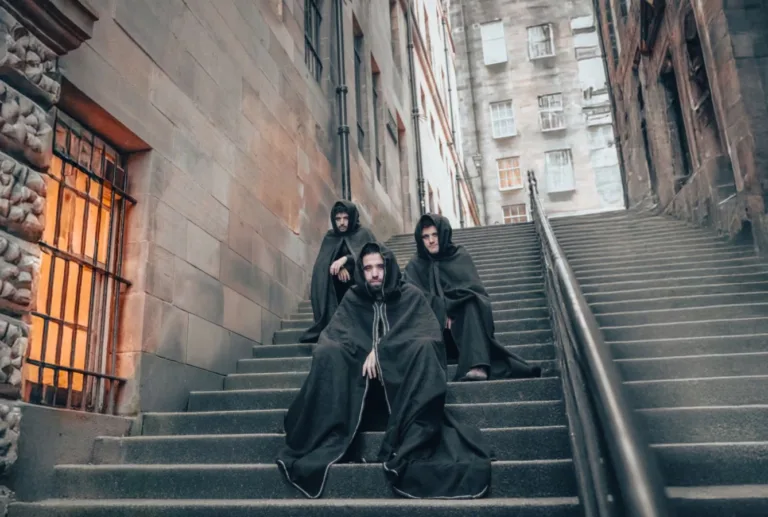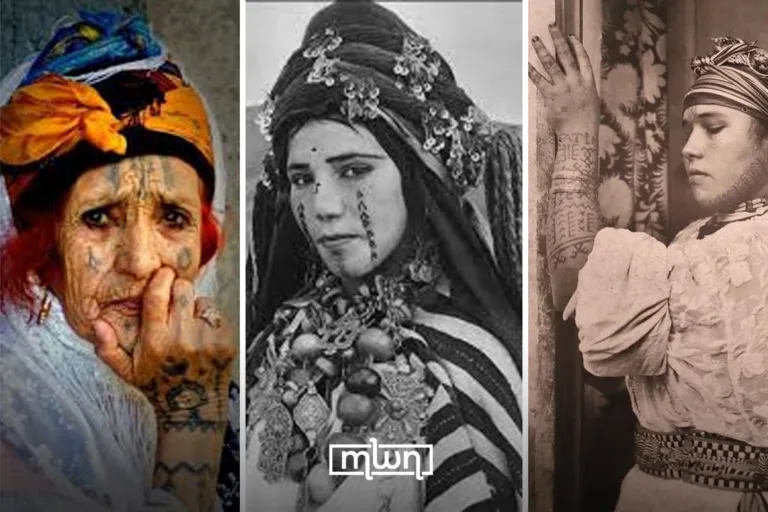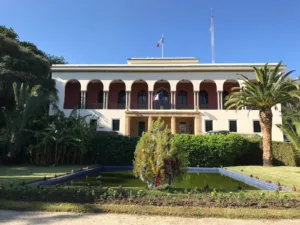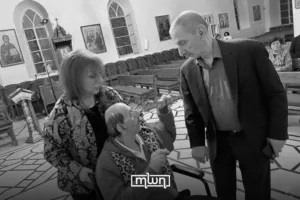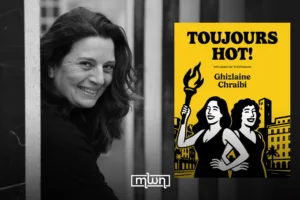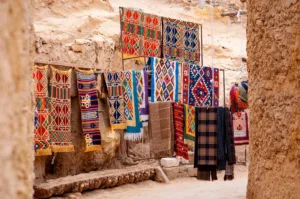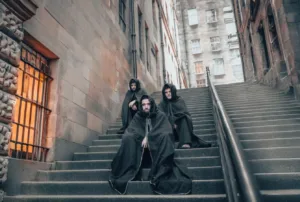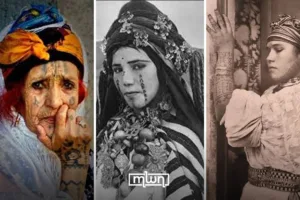Rabat – The head of the Catholic Church Pope Francis canonized on Sunday at the St Peter’s Square in Rome ten French religious figures, including the author of “Reconnaissance in Morocco” Charles de Foucauld.
Foucauld was a French soldier, geographer, explorer, and catholic priest. At the age of 23, he resigned from the French army and decided to make an expedition to Morocco in 1883, disguised as a Jew.
He wrote the memoir “Reconnaissance in Morocco,” capturing his adventure of exploring Morocco for eleven months from 1883 to 1884 and documenting the country’s nineteenth-century history. The book was published in 1888.
Around fifty cardinals and 300 priests and bishops from all over the world attended the canonization ceremony, including the Archbishop of Rabat Cardinal Cristobal Lopez Romero, the Apostolic Archdiocese of Laayoune, and the Apostolic Director of the Diocese of Tangiers with a Moroccan delegation of about 20 people.
“Unfortunately, the distances in the world are increasing, the tensions and wars are increasing,” Pope Francis said during the ceremony. He said he hoped the newly appointed saints would “inspire unified solutions and means of dialogue, especially in the hearts and minds of those who occupy positions of great responsibility and are called to be champions of peace, not war.”
The other catholic figures that Pope Francis canonized are Titus Brandsma, Lazzaro detto Devasahayam, Cesar de Bus, Luigi Maria Palazzolo, Giustino Maria Russolillo, Maria Rivier, Maria Francesca di Gesu Rubatto, Maria di Gesu Santocanale, and Maria Domenica Mantovani.
This year’s Holy Mass and Canonization celebration was the first since the COVID-19 outbreak. The last Holy Mass took place in October 2019.
Who is Charles Foucauld?
After returning to France from Morocco, Foucauld rekindled his Catholic faith and joined the Catholic religious order of the Trappists. He then moved to Syria, still with the Trappists, to eventually become a hermit in 1897.
In 1901, he decided to settle in Beni Abbes, Algeria with the aim of creating a catholic congregation, but nobody joined him. He spent more than 10 years studying the culture and language of Tuareg, a large ethnic group that inhabits Algerian Sahara.

Foucauld’s outstanding works earned him a gold medal from the “Societe de Geographie,” the world’s oldest geographical society.
In December 1916, Foucauld was assassinated at his hermitage in Tamanrasset, Algeria. The Catholic Church considers Foucalud a martyr and his writing and life story led to the founding of the “Little Brothers of Jesus” congregation.
According to many historians and researchers, Foucald’s “Reconnaissance in Morocco” contributed to and facilitated France’s invasion of the North African country.
Read also: Pope Francis Captured in Wheelchair for the First Time

